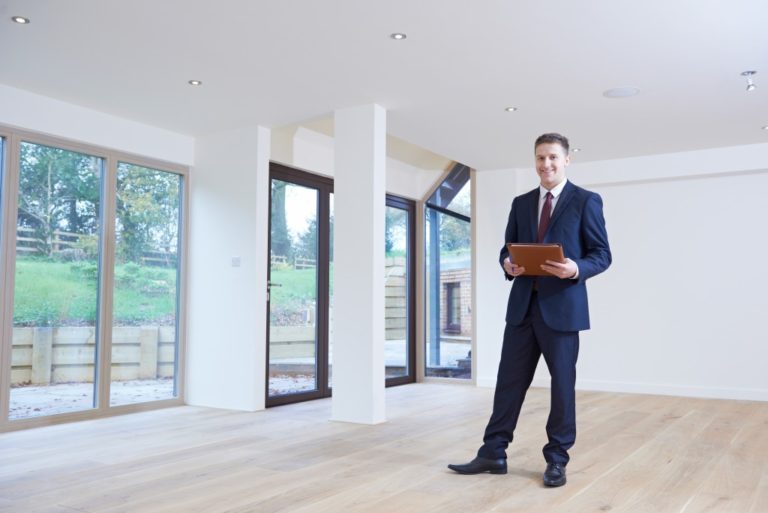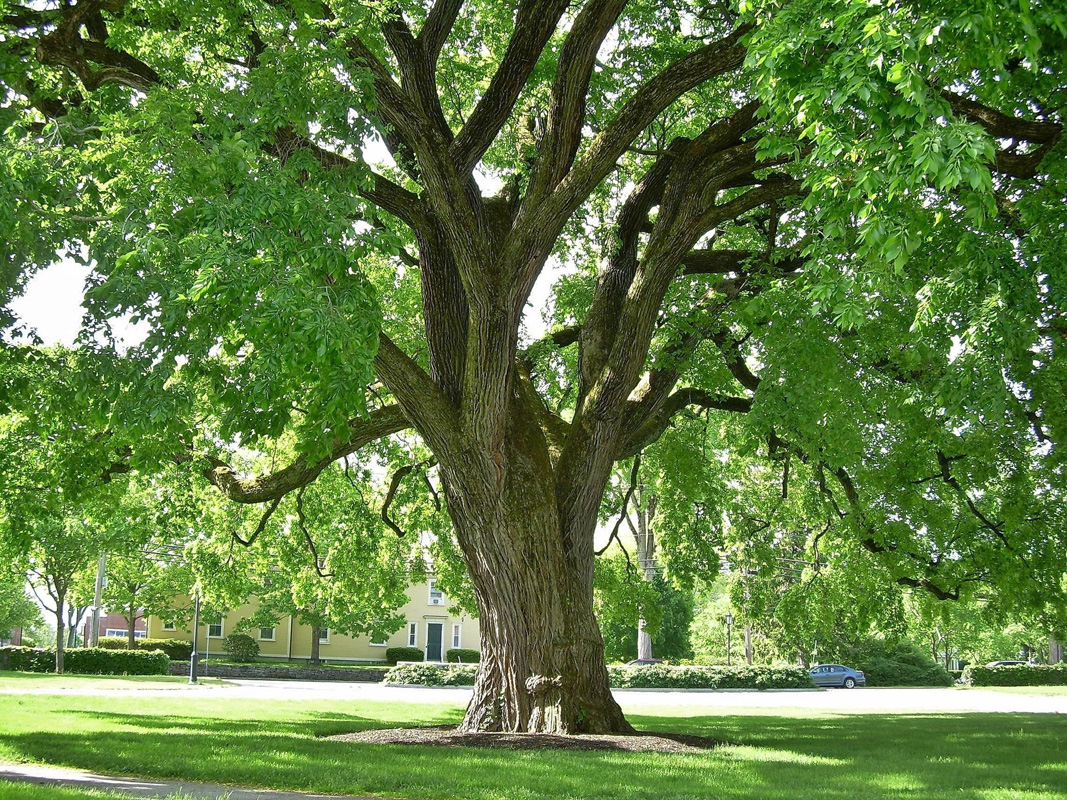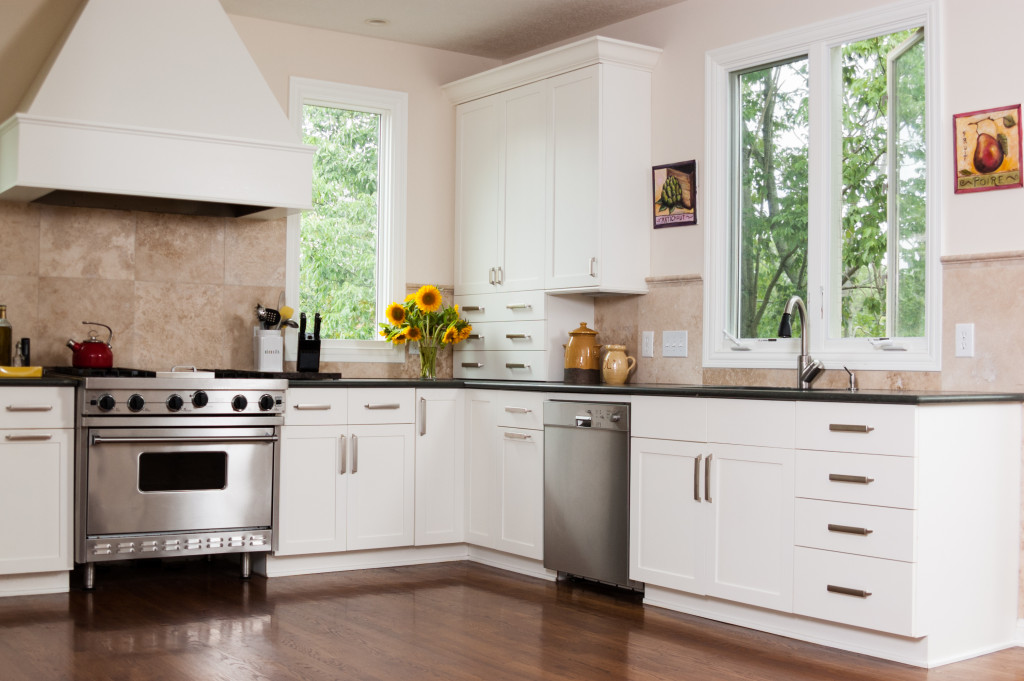For any property owner, performing routine inspections on the premises is an integral component of the ownership. Even when the building owner or manager trusts a particular tenant, routine inspections need to be performed every three to six months to ensure structural integrity. This helps with making sure the property is in excellent condition while also allowing you to stay on top of the maintenance issues you are responsible for. The inspection also offers the tenant a chance to correct any damages they may have caused before they escalate into bigger problems. Below are a few things that property managers inspect during the scheduled inspection.
Potential Risks
While property managers are not necessarily qualified builders or structural engineers, they are tasked with the responsibility of inspecting the physical condition of the premises and making sure the property is safe, which is mainly dependent on visual inspection. They also check to see if there are items that may potentially cause harm to the tenants. Such objects include exposed electrical wires, loose handrails, woods rot on decking, unstable balconies, and cracked tiles. Also, scheduled inspections go a long way in revealing issues like leaking roof, damp basement, and water pipe leaks, which pose a potential threat to the structural integrity of the property. If any issues are found, the property manager must report to the owner of the premises and make sure they are fixed accordingly.
Tenant Care
Another thing that property managers need to inspect is tenant responsibility, including checking that they’re taking proper care of the premises. Tenants, in general, are not required to do a lot of maintenance work, but they are expected to at least address issues that directly relate to cleanliness. This includes mowing the lawns, proper disposal of waste, and adequate cleaning of the windows, blinds, and ovens. If the tenant fails to care for these areas appropriately, the property owner might be left with hefty bills for repair and tidying up the property when the time comes for relocation. So, when such issues are detected during the scheduled inspection, the manager should make sure the tenant takes the necessary steps in correcting them before they get out of control.
Potential Maintenance Requirements

In Centennial, Colorado, owners would want rental properties to last longer and provide the owner with an adequate return on investment, proper maintenance is indispensable. This involves performing preventative inspections and renovations, which usually requires a lot of knowledge about the property’s need for upkeep. Repairs are meant to correct the issues before they spiral out of hand while renovations are intended to update the building, correct structural damages, and provide a facelift on the property’s aesthetics.
Property managers and owners are tasked with performing routine inspections as a way of making sure the building is in proper conditions while also ensuring lease compliance. The scheduled inspection provides managers with an opportunity to assess potential dangers, maintenance requirements, and tenant responsibility. It also goes a long way in helping property managers maintain the premise’s overall aesthetics and structural quality.






